Symposium on In-Work Poverty and the Challenges of Getting By Among the Young

Thank you for joining us at the symposium. Recording and presentation slides will not be circulated. Thank you.
Download programme booklet here
Contact SSR for more details
Theme of Symposium
This Symposium will share findings from the research study on “In-Work Poverty and the Challenges of Getting By Among the Young” (IWP). Funded by the MOE Social Science Research Thematic Grant, the IWP research study has been ongoing since 2019 to gain new insights on the kinds of “in-work” poverty and challenges faced by low-income lower-educated young workers in Singapore (aged between 21 and 40).
The Symposium will outline the various work experienced by low-income lower-educated young workers — including job preparation, the nature of poor work, and the intersection between family and work.
Check out the IWP research study's published reports, journal articles, news articles, seminar presentations, and more here.
Guest-of-Honour: Dr Tan See Leng, Minister for Manpower

Dr Tan See Leng was appointed as the Minister for Manpower and Second Minister for Trade and Industry on 15 May 2021. Prior to this, Dr Tan was the Minister in the Prime Minister’s Office, Second Minister for Trade and Industry and Second Minister for Manpower from 27 July 2020.
Panel 1: The Mystique of Job Preparation
Job (Non) Search
While human capital factors contribute to growing wage inequalities between professional and non-professional workers, less studied however is the role of social capital as a source of occupational wage polarisation. In this presentation, we pay particular attention to non-searching, which refers to the flow of unsolicited job information to recipients, including the job matches that result. Drawing on wave 1 of the survey, we uncover human capital and social capital pathways to unequal wages between high-skilled and low-skilled workers. Most prominently, non-searching is associated with better wages for experienced, professional workers, but not for non-professional workers and workers with less work experience. This implies that the circulation of job information and job opportunities are unequal, accumulative over time, and are limited to specific occupations.
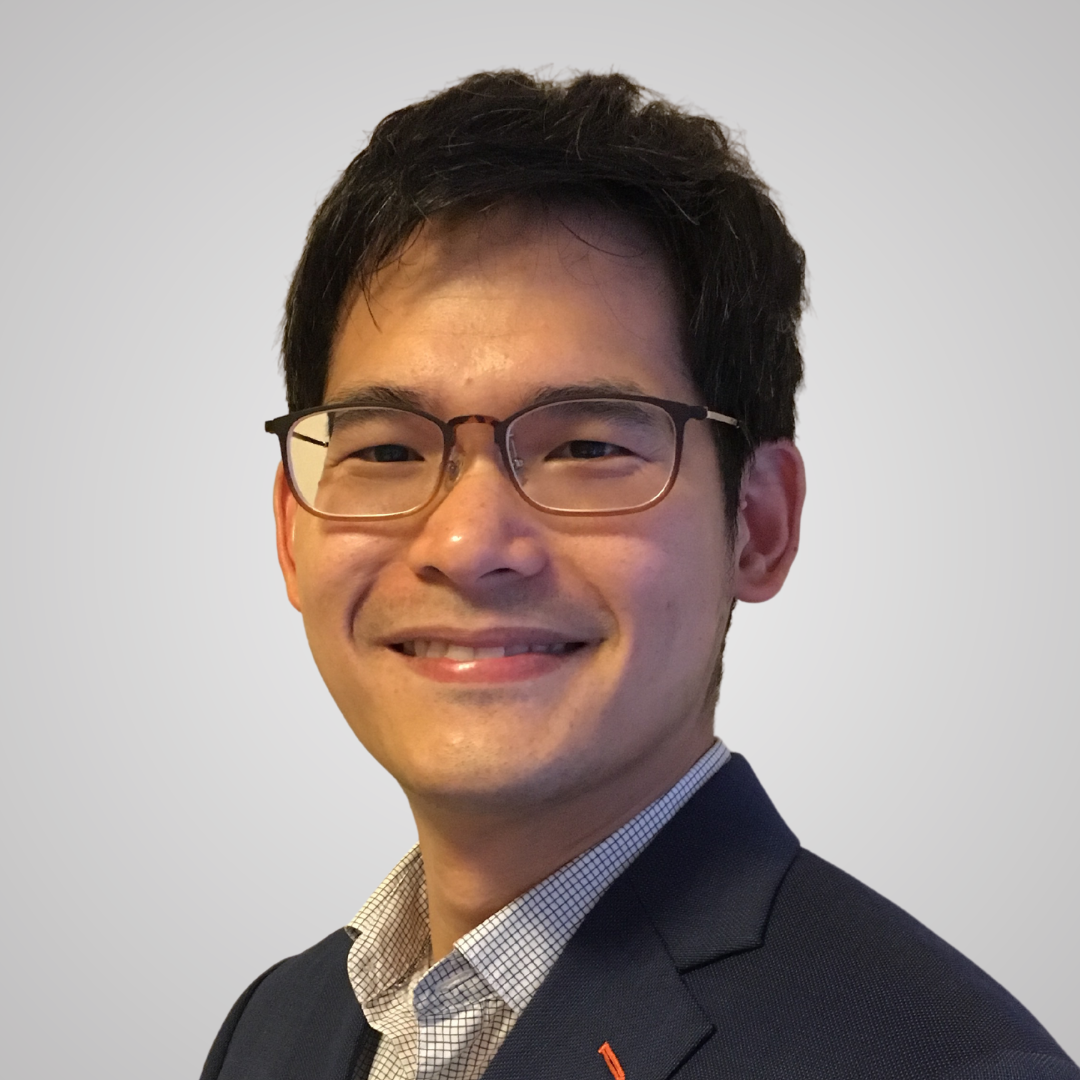
Associate Professor,
Department of Sociology and
Anthropology, NUS

Research Associate,
Social Service Research Centre, NUS
Vincent Chua is an Associate Professor at the NUS Department of Sociology and Anthropology. He has a PhD in Sociology from the University of Toronto. His research interests lie in the study of social inequalities, especially the role that social networks play in inequality reproduction. He studies the areas of education, gender, race, meritocracy, and nation-building.
Tan Zhi Han is a data analyst for SSR’s “In-Work Poverty and the Challenges of Getting By Among the Young” research project. For this project, he contributed to research on job conditions, job searching, time poverty, and training, based on two waves of survey data. He graduated with a Master in Public Policy and a Bachelor of Social Sciences in Sociology from the National University of Singapore. He is also interested in social mobility and wage policies, and he researched on parents’ perceptions of education policies in Singapore for his Honours Thesis.
Training for Mobility
Training is a core component of Singapore’s push to uplift wages and improve job prospects through lifelong learning. This presentation highlights the profile and experiences of young workers as they navigate through training alongside work and caregiving responsibilities. Drawing on data from two waves of survey and qualitative interviews, the results show that while training improves wages, access to training remains unequal. The presentation further explores the barriers to, and possibilities of young workers engaging in training and discusses the implications of training in relation to low-wage work.
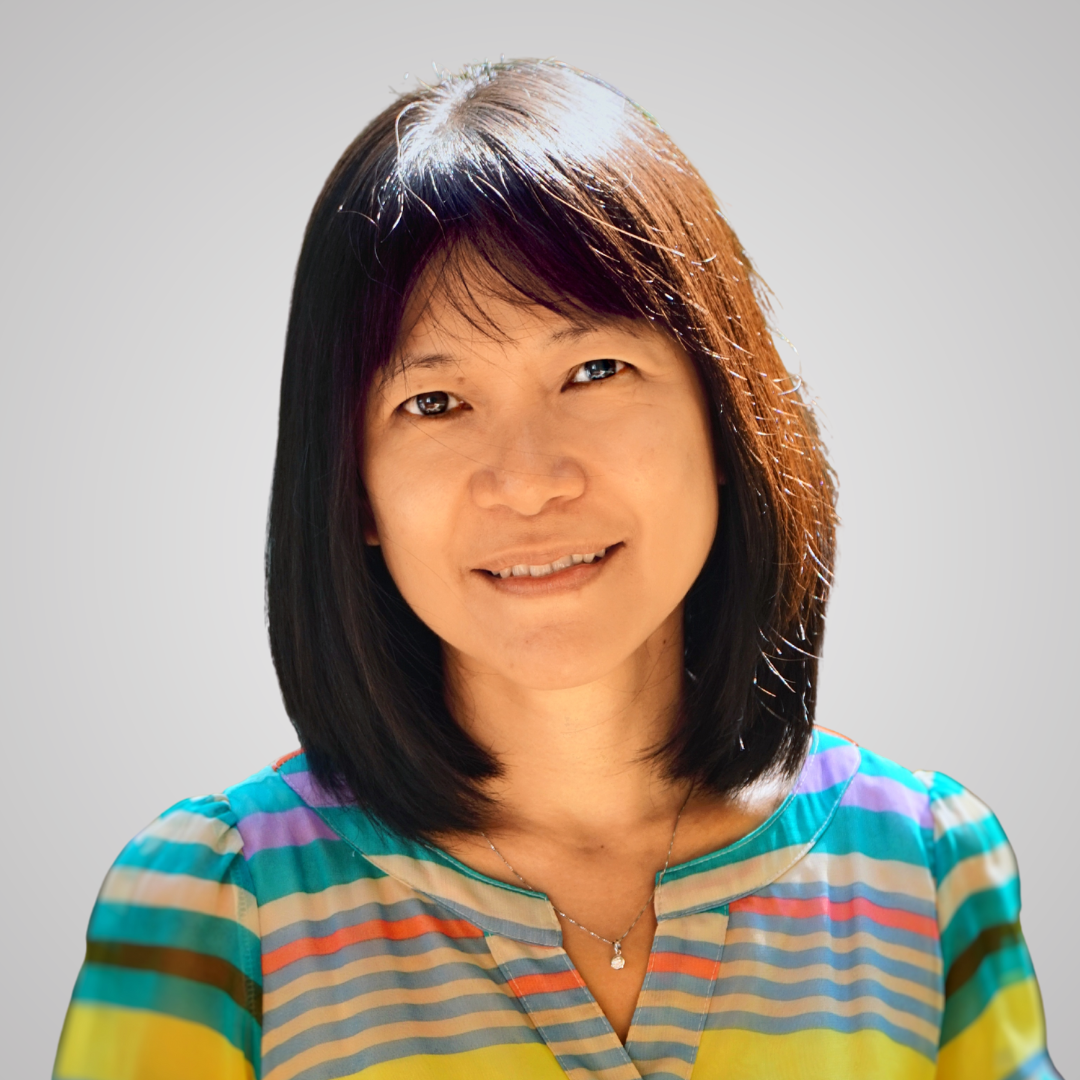
Professor,
Department of Social Work,
Founding Director,
Social Service Research Centre,
National University of Singapore

Associate Professor,
Department of Sociology and
Anthropology, NUS, and
Head of Studies, Urban Studies,
Yale-NUS College
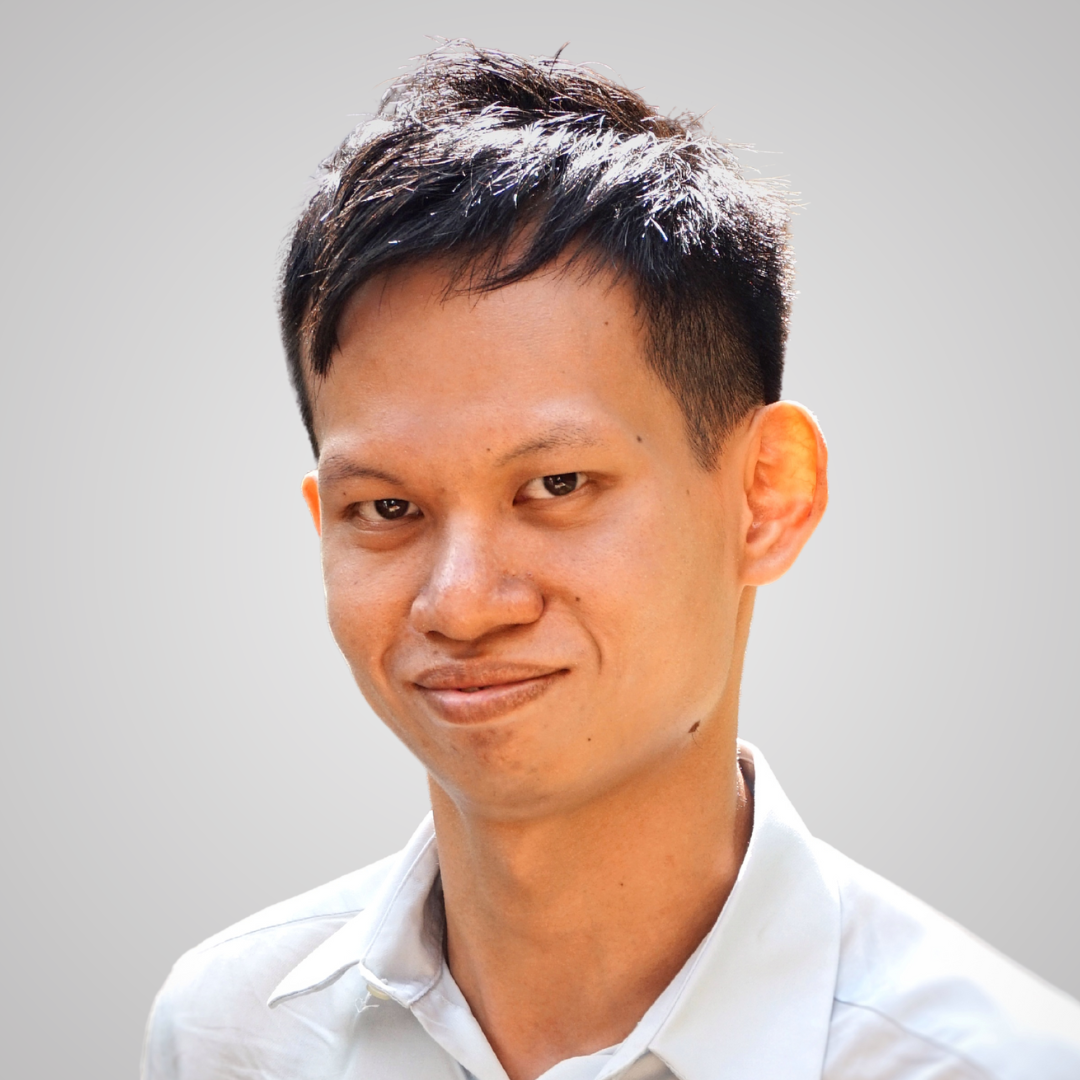
Project Manager (IWP) and
Research Assistant,
Social Service Research Centre, NUS
Irene Y.H. Ng is an Associate Professor of Social Work and Steering Committee Chair of the Social Service Research Centre in the National University of Singapore. She holds a joint Ph.D. in Social Work and Economics from the University of Michigan. Her research areas include poverty and inequality, intergenerational mobility, and social welfare policy. Her current research projects include a study of in-work poverty among the young; social safety nets in East Asia; and the development of universal digital access.
Ho Kong Chong is Associate Professor in the Department of Sociology and Anthropology at NUS FASS and Head of Urban Studies at Yale-NUS College. Trained as an urban sociologist at the University of Chicago, A/P Ho’s research interests are in neighbourhood and community development, heritage and place-making, the political economy of cities as well as a more recent interest in higher education. Much of his published work is on East Asian (Hong Kong, Seoul, Taipei) and Southeast Asian cities (Bangkok and Singapore). He is the author of Neighbourhoods for the City in Pacific Asia (2020). His active research projects include: the Ministry of National Development (MND) funded "Study of Mixed Housing Typologies" (Lead Researcher), USPC NUS grant "Governing Diverse Cities in Europe and Asia", and MOE SSHR grant "Fostering Positive Community Behaviour" (Co-Lead).
Asher Goh is currently doing his Master’s by Research in Sociology part-time at NTU after graduating with a Bachelor of Arts (with honours) from the same discipline and school. Asher’s research interests lie in social policy, poverty and inequality. His past research experience includes housing insecurity, youth risks and an evaluation of financial assistance delivery models via SSOs in Singapore. He is research assistant and project manager on the "In-work Poverty and Challenges of Getting By Among the Young" study with SSR.
Moderator: A/P Terence Ho
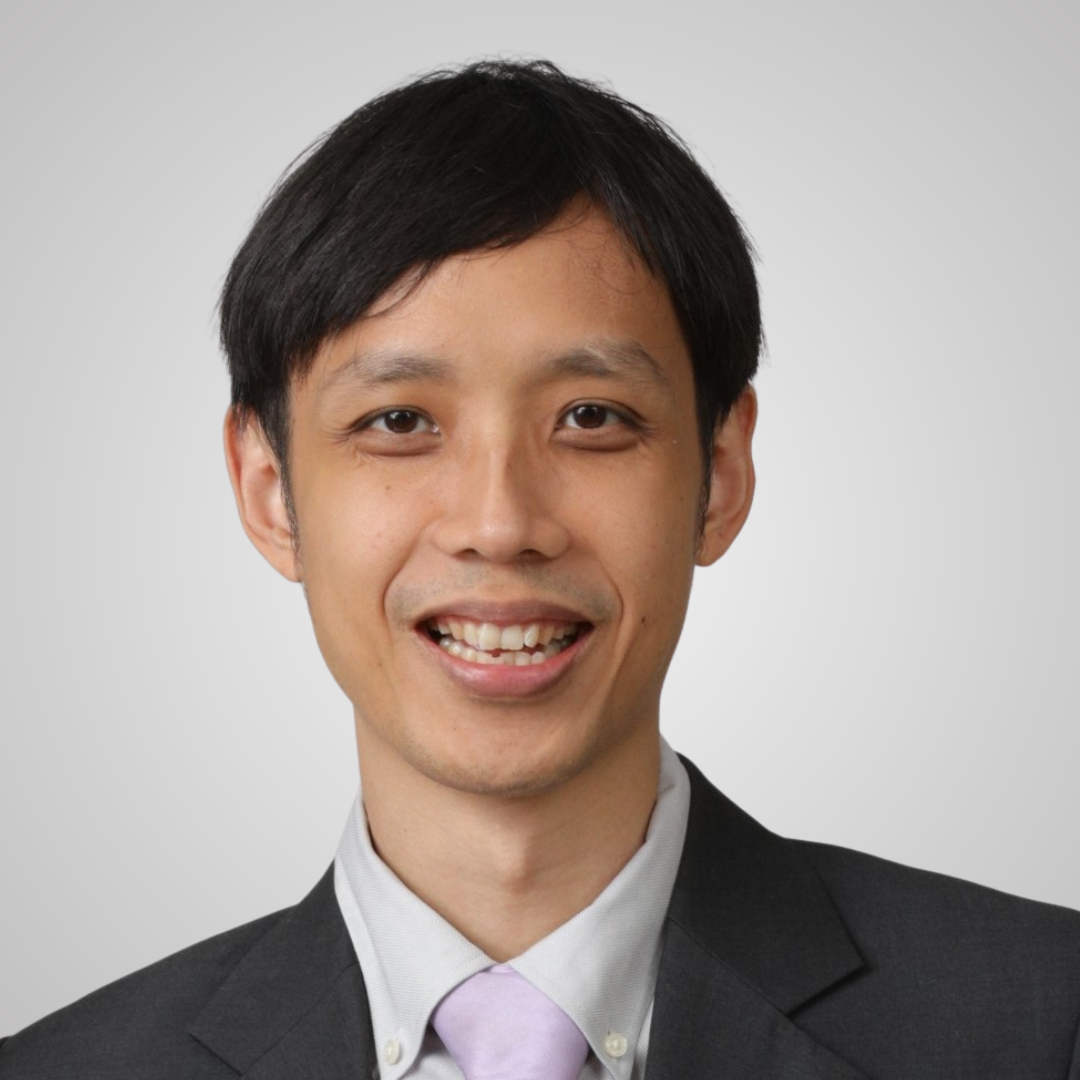
Associate Professor in Practice,
Lee Kuan Yew School of Public Policy,
NUS
Terence Ho is Associate Professor in Practice at the Lee Kuan Yew School of Public Policy, National University of Singapore.
Since 2002, he has served in research, policy and leadership roles in public sector agencies, including the Ministry of Trade and Industry, Ministry of Education, South East Community Development Council, Ministry of Finance and Ministry of Manpower. He has also been a Board member of Workforce Singapore and the Building and Construction Authority.
Terence is the author of Refreshing the Singapore System: Recalibrating Socio-Economic Policy for the 21st Century (World Scientific, 2021).
Panel 2: The Grind of Work
Time Poverty
Using data from wave 1 of the survey, we conceptualise work-based time poverty along two dimensions: (i) long and late working hours, and (ii) nonstandard and uncontrollable hours. Through structural equation modelling, we found that individuals in low-wage work are more time poor in terms of nonstandard and uncontrollable hours. These hours worsen work-to-family conflict and together, they mediate the relationship between low wage and two psychological well-being outcomes: generalised anxiety disorder and self-efficacy. As our sample contains young workers aged 21 to 39 in Singapore, our findings suggest the need to work with policymakers and employers to address workplace time poverty challenges that are beyond what young workers themselves can control.

Research Fellow,
Singapore Institute for Clinical
Sciences, A*STAR and
Adjunct Research Fellow,
Social Service Research Centre, NUS

Research Associate,
Social Service Research Centre, NUS
Gerard is a research fellow with A*STAR and an adjunct with the Social Service Research Centre. He graduated with a B.A. and Masters in Social Work from the NUS and practiced as a social worker for five years in a family service centre in Singapore. He also completed his Ph.D. in social work at the University of North Carolina at Chapel Hill, USA. His research areas include intervention design and development, parenting, and social work processes. You can find his work at his website: gerardchung.com
Tan Zhi Han is a data analyst for SSR’s “In-Work Poverty and the Challenges of Getting By Among the Young” research project. For this project, he contributed to research on job conditions, job searching, time poverty, and training, based on two waves of survey data. He graduated with a Master in Public Policy and a Bachelor of Social Sciences in Sociology from the National University of Singapore. He is also interested in social mobility and wage policies, and he researched on parents’ perceptions of education policies in Singapore for his Honours Thesis.
Gig Workers
Earn “Good Money” while getting to “Be Your Own Boss” and work in “Flexible” work settings are some of the promises suggested by platform companies. Scholars however have pointed out the “grind” that is expected to realise these promises. Some go as far as calling platform work a case of Necrocapitalism for profiteering off the backs of precarious workers with relatively little protection. What about the case of Singapore? What are the lived experiences of young platform workers here and how does it compare with other jobs they have tried? With data generated from ethnographic fieldwork we will illustrate the journey, bumps, and all.
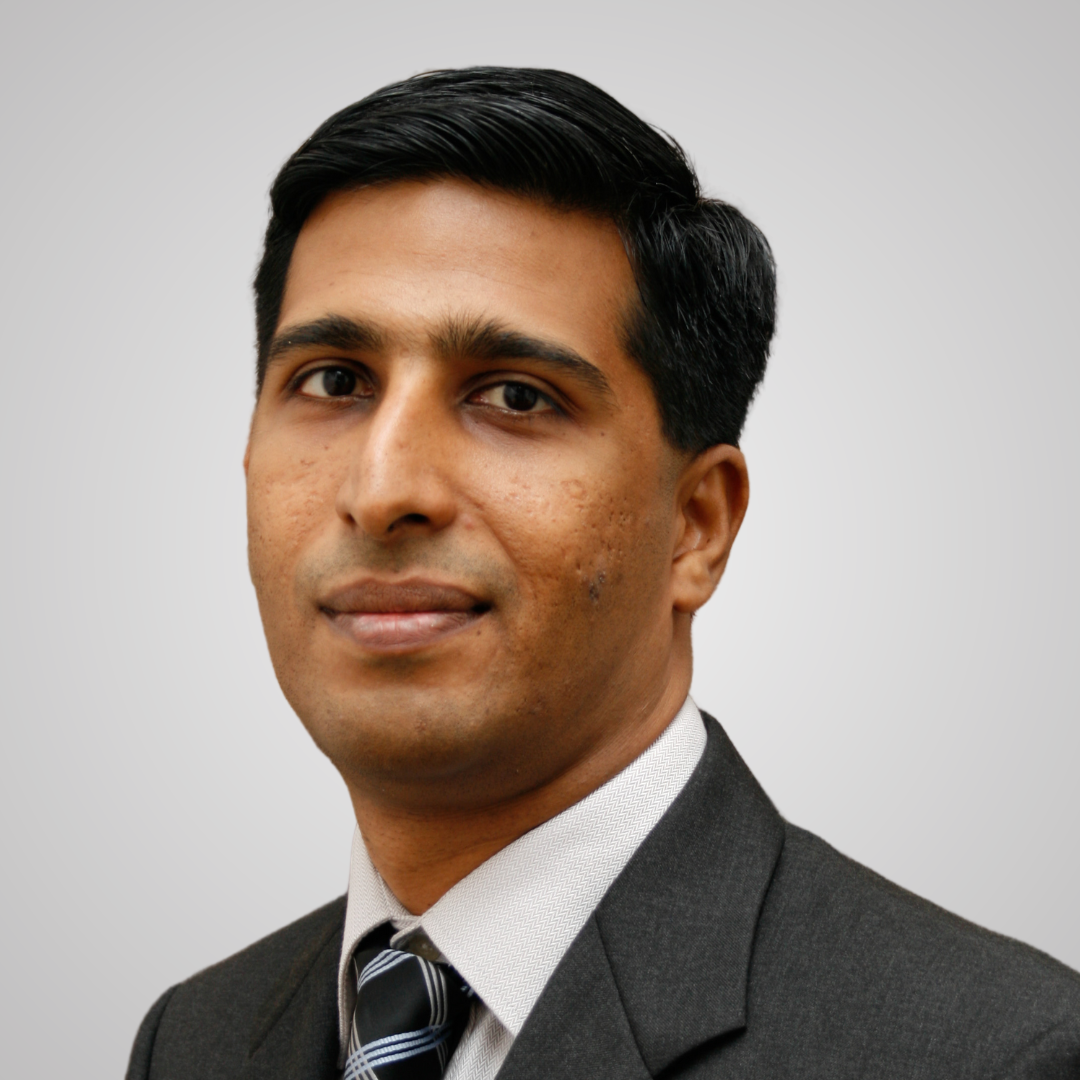
Principal Research Fellow,
Institute of Policy Studies,
Lee Kuan Yew School of Public Policy,
NUS
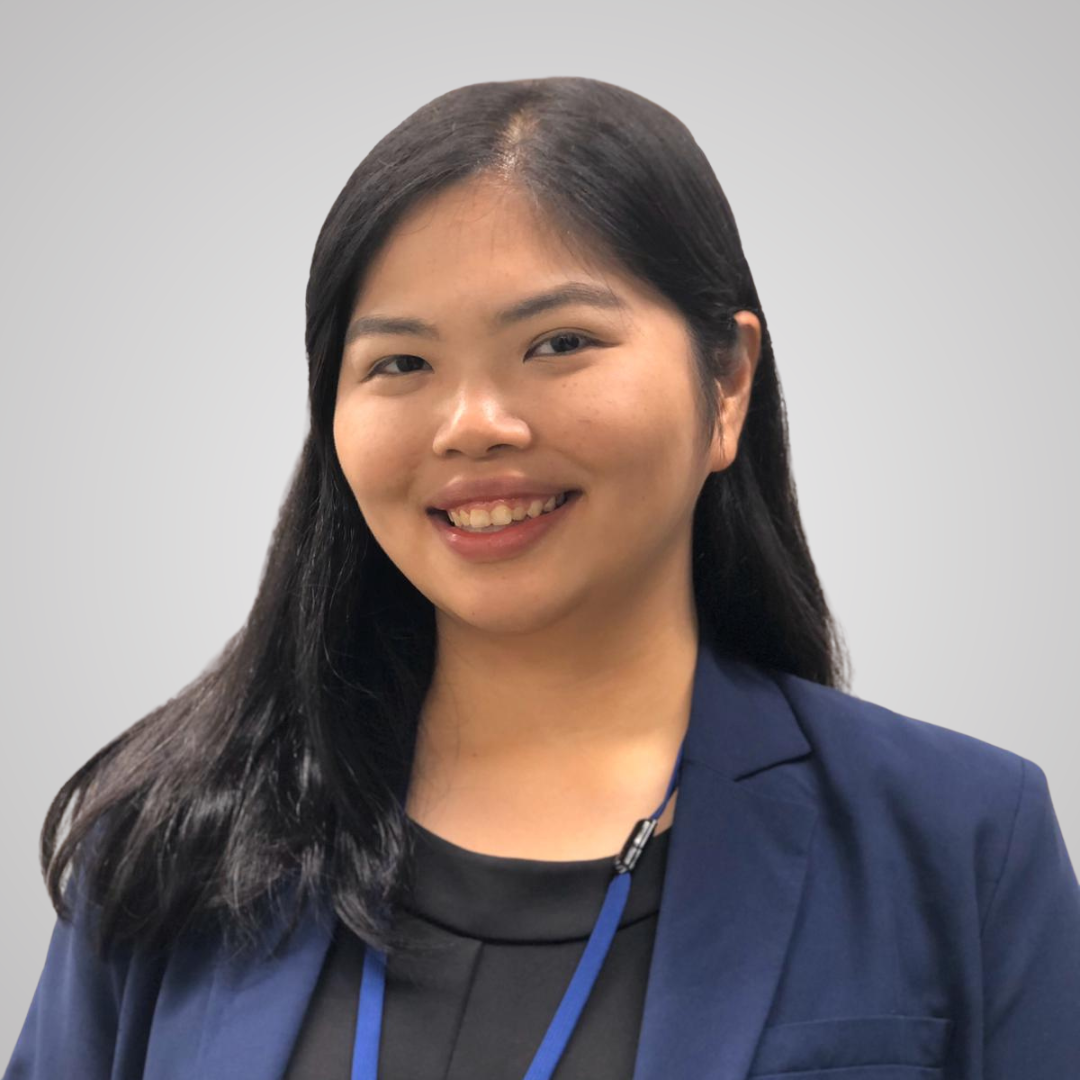
Research Associate,
Social Lab,
Institute of Policy Studies,
Lee Kuan Yew School of Public Policy,
NUS
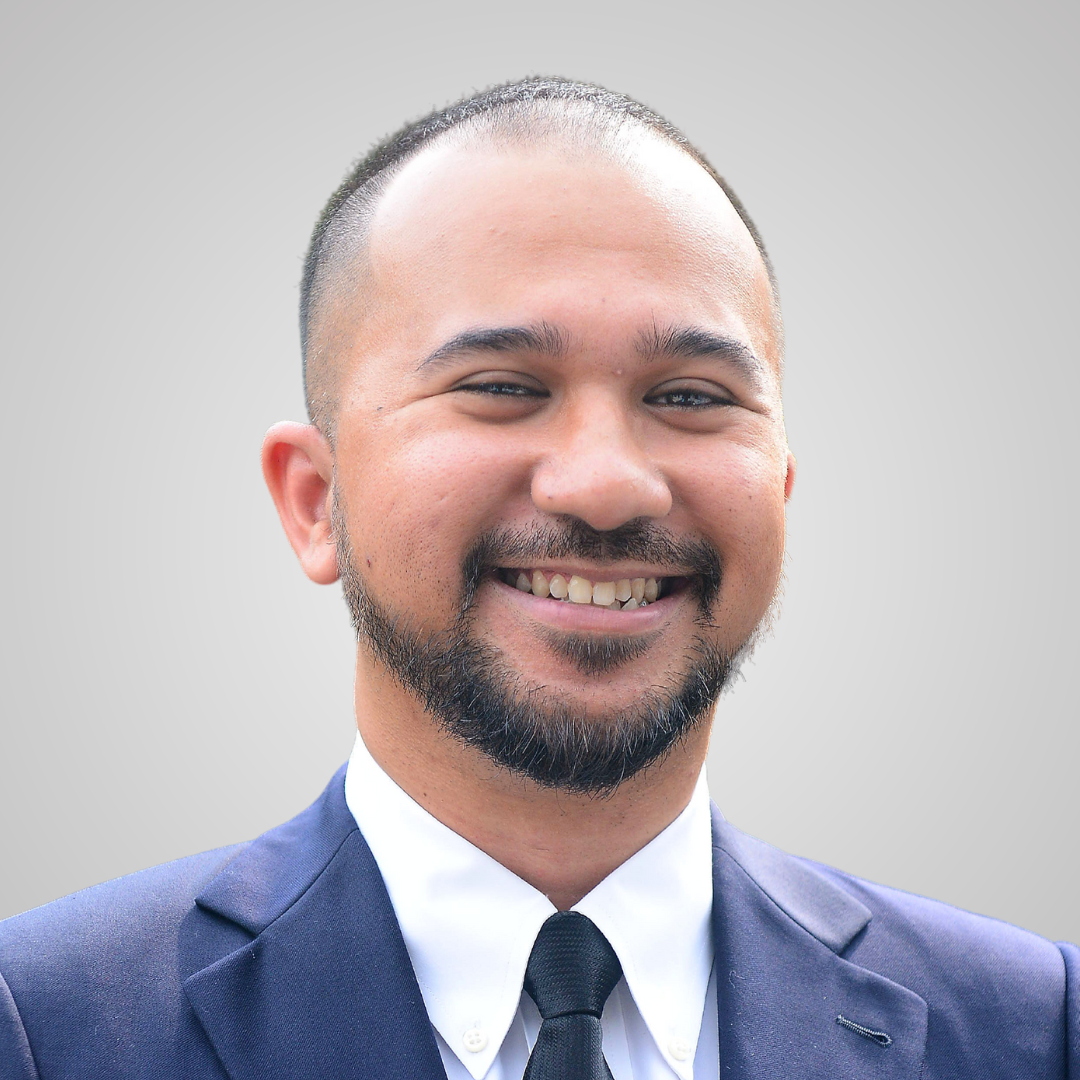
Research Associate,
Social Lab,
Institute of Policy Studies,
Lee Kuan Yew School of Public Policy,
NUS
Mathew Mathews has been involved in over 50 research projects examining social policy issues ranging from social cohesion, family and low-income matters. Current projects he is leading that examine low-income families include a three-year ethnographic study on work and savings behaviour and a longitudinal panel that examines how these families are dealing with Covid-19 and its aftermath. Mathew is on the boards of OnePeople.sg and the National Volunteer and Philanthropy Centre. He is Research Advisor to the Ministry of Social and Family Development, and serves on the Families for Life Council.
Thian Wen Li is an ethnographer with her research focus including labour, social class and inequality, organisations, and workplace conditions. She has conducted ethnographic research on the industrial blue-collar workers in Singapore, where she worked as a meat packer in a meat processing plant to investigate the workers’ work and life experiences. She has done research on the cosmopolitan practices and national identity of Singaporeans. Prior to IPS, Ms Thian worked in the management office in the United Nations system in Japan. She holds a Masters (Sociology) from NUS, and a Bachelors (Sociology and Psychology) from SMU.
Shamil Zainuddin is Research Associate at the Institute of Policy Studies (IPS). He specialises in applied ethnography and holds qualifications in Sociology which he has taught as a Teaching Assistant while completing his Masters in the National University of Singapore. Prior to joining IPS in 2018, he was a Senior Design Ethnographer at NCR Corporation, a global enterprise technology company. There, he spent five years using qualitative methods researching human experiences to inform R&D, innovation and marketing. Above all, he is most interested in making every day easier for especially disadvantaged communities.
Moderator: Ms Lin Suling

Insight Editor,
The Straits Times,
SPH Media Trust
Lin Suling is Insight Editor at The Straits Times where she works with newsmakers and thought leaders to define and discuss the most important news of the day and hot-button issues. With over 15 years of experience in journalism, strategic communications and public policy, she enjoys giving perspective to the news, helping people understand the implications and impact of developments shaping our world, and evolving a thinking society that embraces a diversity of views.
Panel 3: The Intersection of Family and Work
Work-Family Conflict, Arguments and Stress
Having to juggle with the responsibilities at work and at home could be stressful, especially when individuals do not have the resources to pay for services that would help them meet some of these responsibilities. Using survey data collected weekly through a mobile application over a period of eight months, we examine the stress proliferation process of work-family conflict experienced by low-wage workers. We find significant spill over in the experience of stress at home and at the workplace arising from work-family conflict, suggesting that investments to mitigate work-family conflict could have multiplier effects in promoting work and family stability among low-wage workers.
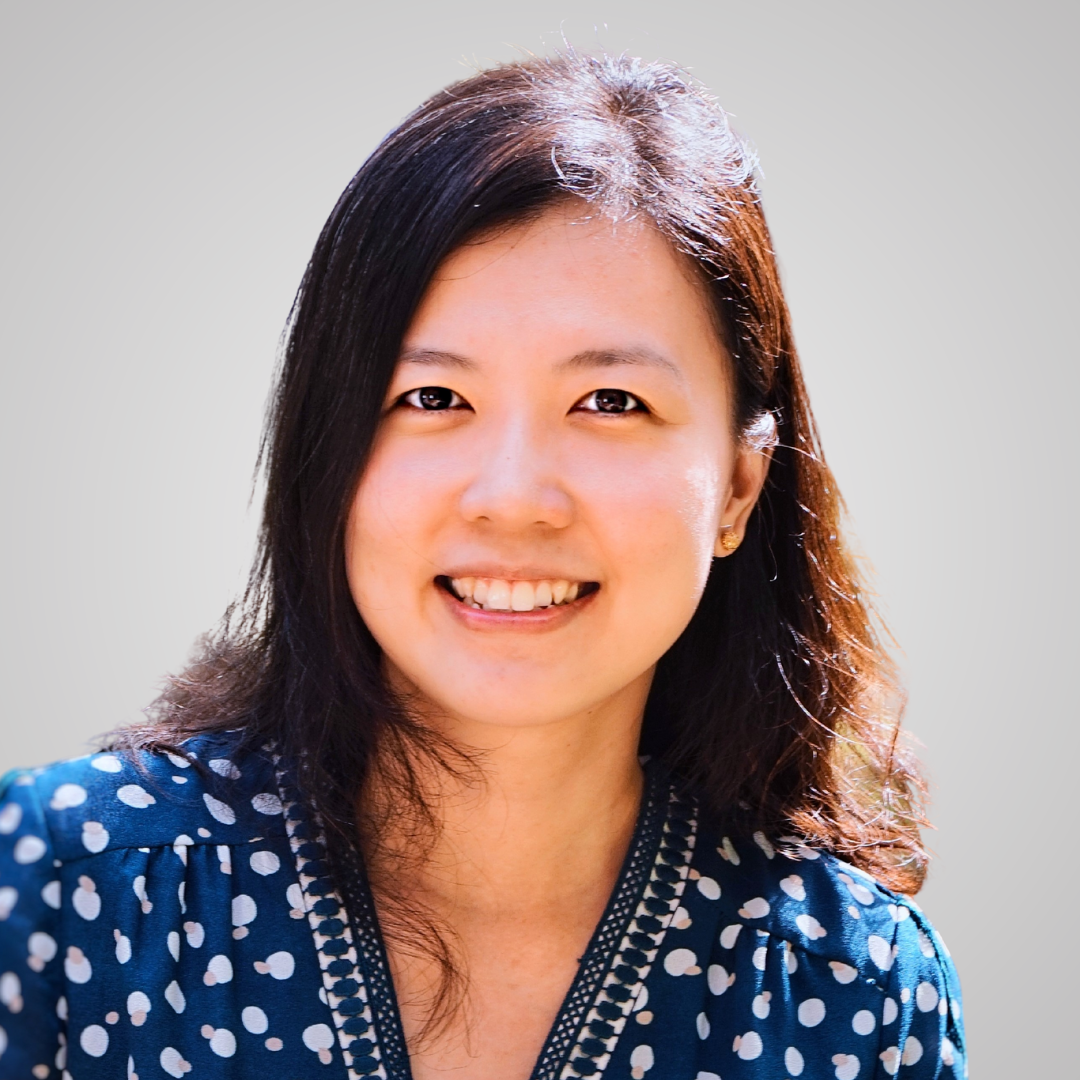
Adjunct Senior Research Fellow,
Social Service Research Centre, NUS

Research Assistant,
Social Service Research Centre, NUS
Ong Qiyan is an Adjunct Senior Research Fellow at the Social Service Research Centre. She specializes in using behavioral and applied economics to study how living in poverty affects decision-making and well-being. Through accounting for the poverty effects on financial, social, work and housing decisions, she hopes to contribute to policies and program design improvements to better help those facing financial difficulties.
Evelyn Kok graduated with a Bachelor of Social Sciences (Honours) in Economics from the National University of Singapore, where she also minored in philosophy and political science. Her research interests include social inequality and labour economics, as well as how economics, philosophy, and politics come together to inform public policy.
Mothers’ Work-Care Tensions
Deciding between work and caregiving is not a choice for many women in Singapore. Working mothers often depend on childcare centres and other family members for support. In this presentation, we illustrate how mothers make decisions about work and care. Through our interviews, we developed a typology of mothers’ work-care options based on the socioeconomic resources available to them. Current childcare services benefit women who are in better-paying jobs with regular hours, while mothers who work in jobs with non-standard hours face limited options for childcare. We argue that high-quality childcare services should be standardised and accessible for women of all socioeconomic backgrounds. Workplace policies should also be more supportive of mothers’ caregiving needs.
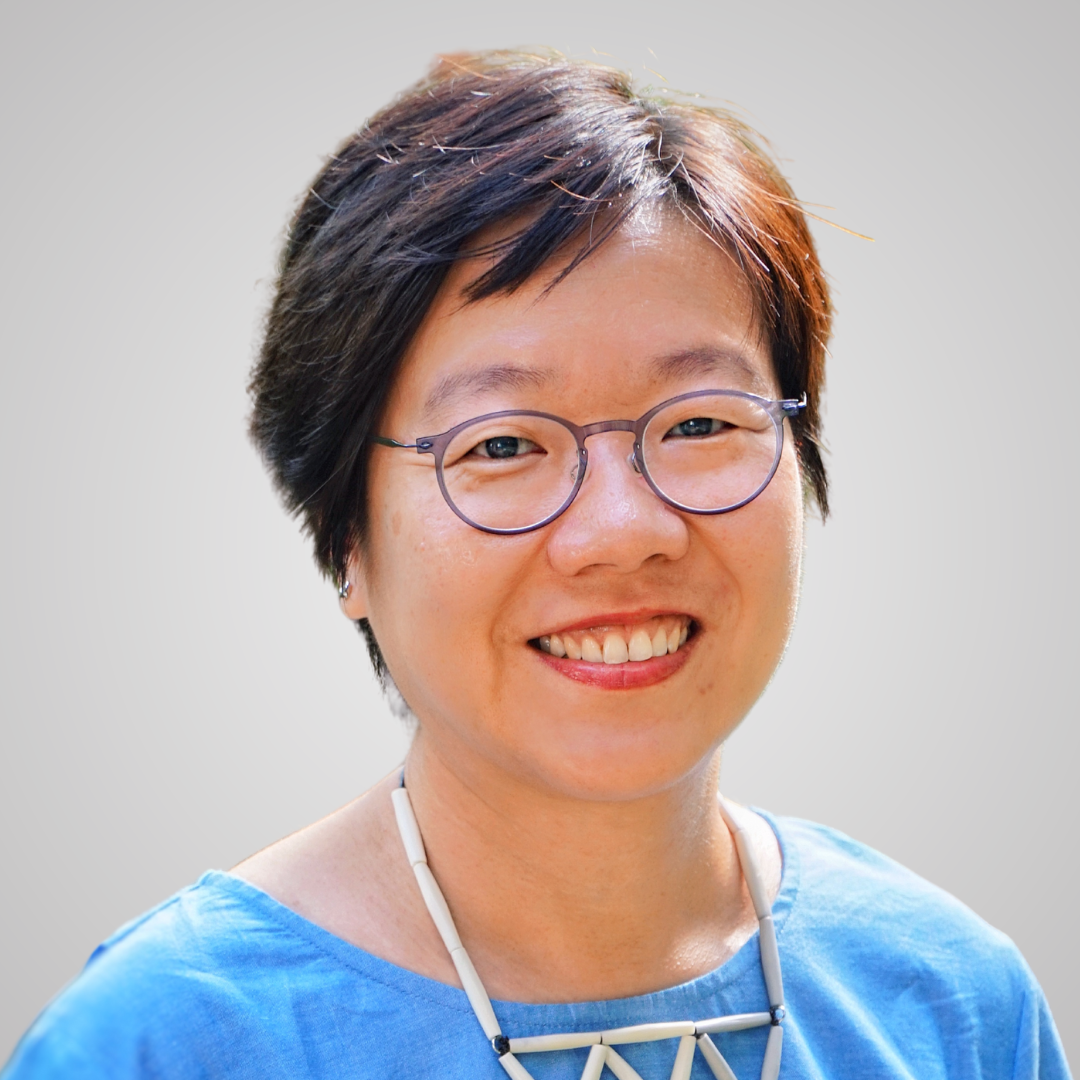
Adjunct Senior Research Fellow,
Social Service Research Centre, NUS

Research Associate,
Social Service Research Centre, NUS
Dr Neo Yu Wei specialises in qualitative research on poverty and social inequalities. Her research interests include understanding how low-income individuals and families meet their basic needs, as well as how they experience public and social services. She has employed different qualitative methods in her past and current research projects, including focus group discussions, participant-observations, in-depth interviews and research methods with children.
Nurul Fadiah Johari is a research associate at the NUS Social Service Research Centre. She is part of the qualitative research team for the In-Work Poverty (IWP) study, with a focus on how low-wage working mothers make decisions about work and care. She also assists with SSR’s in-house publications as an editorial assistant and helps to co-facilitate training workshops on Critical Discourse Analysis.
Moderator: A/P Teo You Yenn
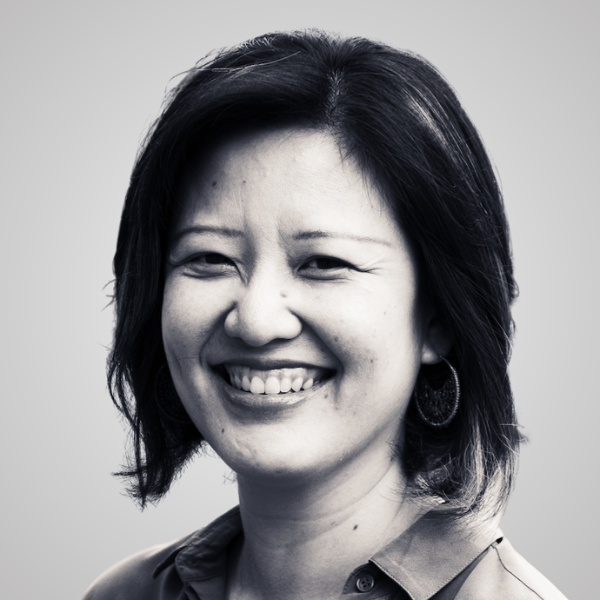
Associate Professor,
Provost's Chair in Sociology,
Nanyang Technological University
Teo You Yenn is Associate Professor and Provost’s Chair at the Nanyang Technological University. She is the author of Neoliberal Morality in Singapore: How family policies make state and society (Routledge, 2011) and This is What Inequality Looks Like (Ethos Books, 2018). Her current research focuses on cross-class comparisons of work and family, and basic needs and minimum income standards.
Closing Discussion
The Future of Work for Low-Income Young People

Professor,
Department of Social Work,
Founding Director,
Social Service Research Centre,
National University of Singapore
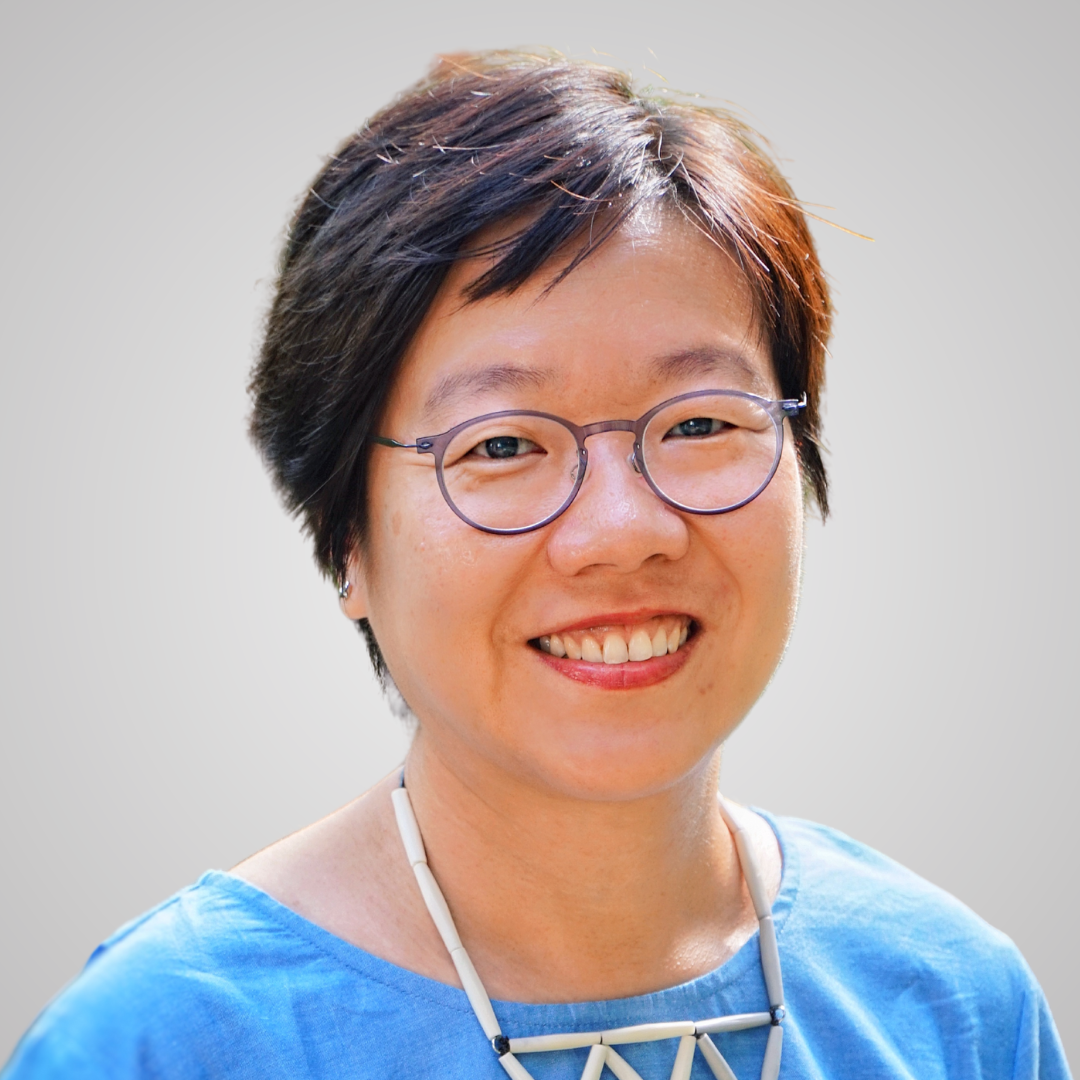
Adjunct Senior Research Fellow,
Social Service Research Centre, NUS
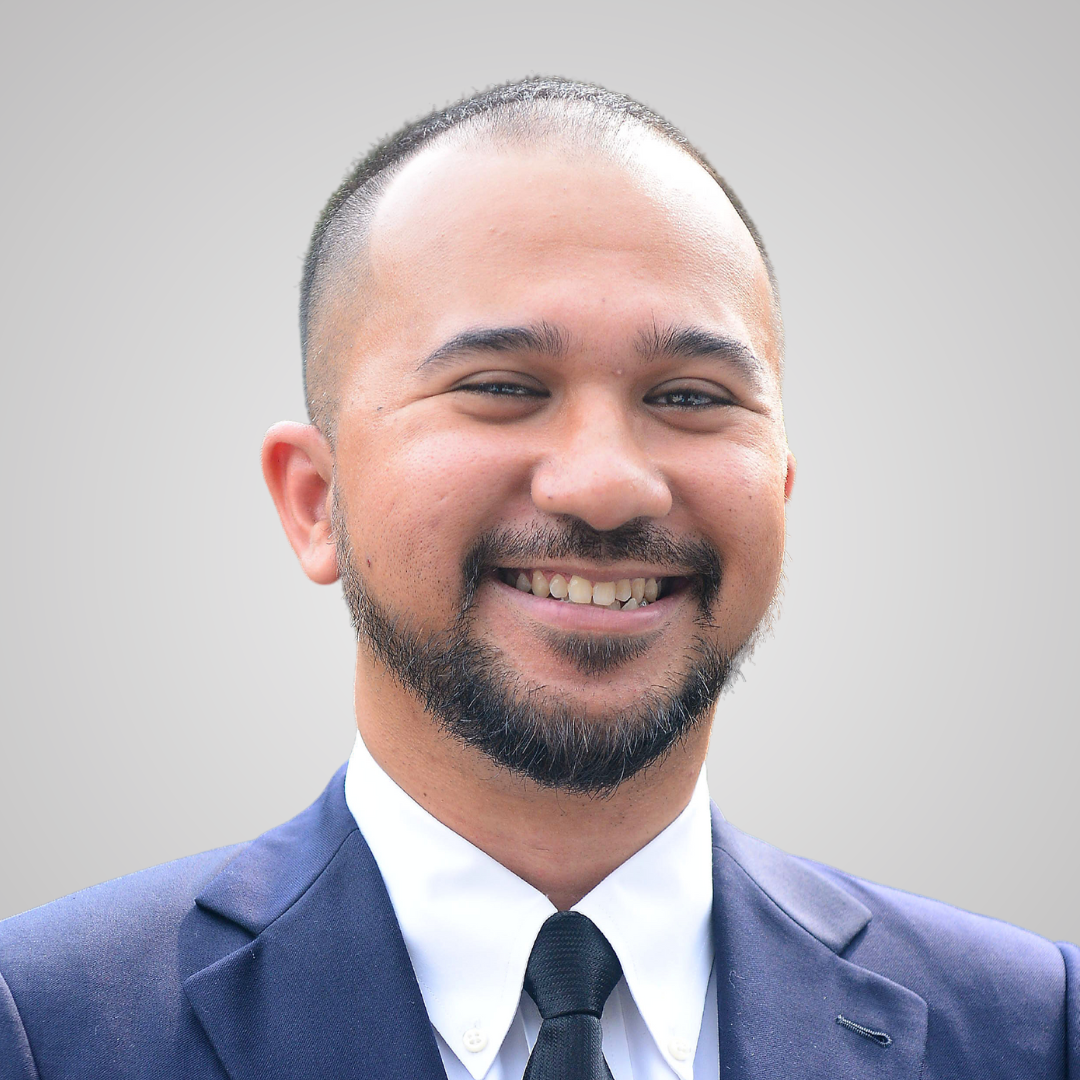
Research Associate,
Social Lab,
Institute of Policy Studies,
Lee Kuan Yew School of Public Policy,
NUS
Irene Y.H. Ng is an Associate Professor of Social Work and Steering Committee Chair of the Social Service Research Centre in the National University of Singapore. She holds a joint Ph.D. in Social Work and Economics from the University of Michigan. Her research areas include poverty and inequality, intergenerational mobility, and social welfare policy. Her current research projects include a study of in-work poverty among the young; social safety nets in East Asia; and the development of universal digital access.
Dr Neo Yu Wei specialises in qualitative research on poverty and social inequalities. Her research interests include understanding how low-income individuals and families meet their basic needs, as well as how they experience public and social services. She has employed different qualitative methods in her past and current research projects, including focus group discussions, participant-observations, in-depth interviews and research methods with children.
Shamil Zainuddin is Research Associate at the Institute of Policy Studies (IPS). He specialises in applied ethnography and holds qualifications in Sociology which he has taught as a Teaching Assistant while completing his Masters in the National University of Singapore. Prior to joining IPS in 2018, he was a Senior Design Ethnographer at NCR Corporation, a global enterprise technology company. There, he spent five years using qualitative methods researching human experiences to inform R&D, innovation and marketing. Above all, he is most interested in making every day easier for especially disadvantaged communities.
Moderator: Dr Mathew Mathews
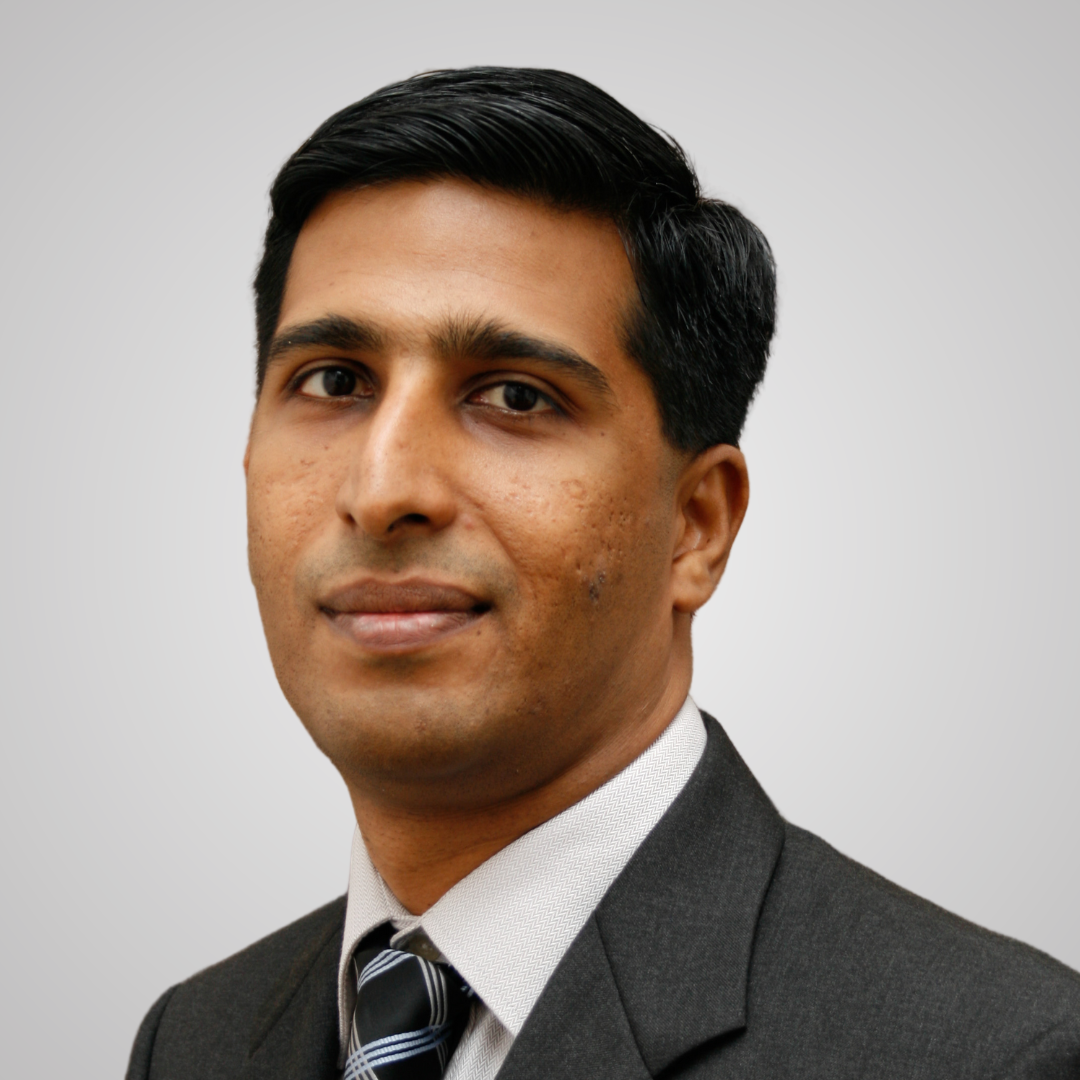
Principal Research Fellow,
Institute of Policy Studies,
Lee Kuan Yew School of Public Policy,
NUS
Mathew Mathews has been involved in over 50 research projects examining social policy issues ranging from social cohesion, family and low-income matters. Current projects he is leading that examine low-income families include a three-year ethnographic study on work and savings behaviour and a longitudinal panel that examines how these families are dealing with Covid-19 and its aftermath. Mathew is on the boards of OnePeople.sg and the National Volunteer and Philanthropy Centre. He is Research Advisor to the Ministry of Social and Family Development, and serves on the Families for Life Council.

